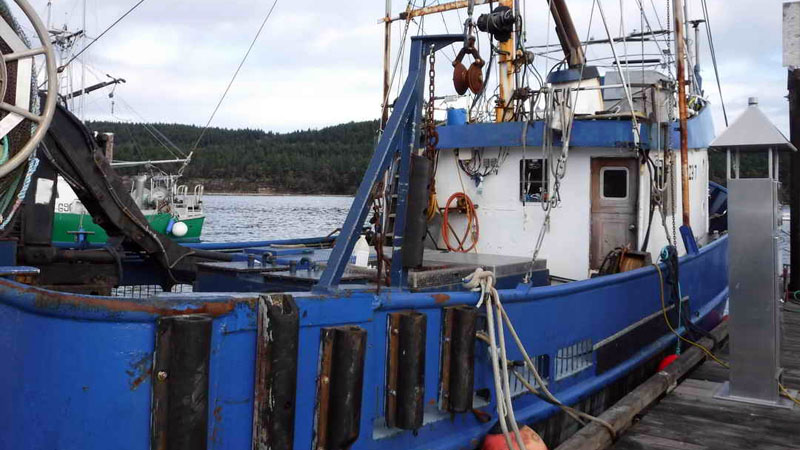Exclusive content

Shrimp, tuna, and crab from Thailand are once again at the center of controversy, with European officials warning of potential removal from Western supermarket shelves. The concerns arise from proposed changes to Thai legislation that could undermine protections for seafarers, potentially leading to modern slavery practices.
History of Abuse and Exploitation
A decade ago, investigations uncovered that fishermen were allegedly found to be trapped for years, subjected to brutal treatment, and, in some cases, murdered. The illegal, unreported, and unregulated (IUU) fishing industry thrived under these conditions. In response, Thailand introduced laws to protect workers, thus averting international sanctions.
The Thai government, led by Prime Minister Srettha Thavisin, is now drafting legislation that could significantly weaken these protections. Analysis by the Environmental Justice Foundation highlights concerning amendments, such as removing the requirement for a crew list when leaving docks and permitting at-sea transfers of workers and products. These changes are seen as a regression in human rights and environmental standards.
International Response and Potential Sanctions
European Commission (EC) officials have expressed strong concerns over these legislative changes. They warned that a yellow card or other sanctions could be reimposed if Thailand proceeds with the proposed rollbacks. Such actions could disrupt trade, affecting Western consumers and impacting Thailand’s seafood industry.
Thai officials argue that the current legislation is overly bureaucratic and hampers exports and profits. They contend that these laws, established by a previous military-backed government, need revision to balance punishment and fairness. However, critics argue that these changes could revive the exploitation and illegal practices that plagued the industry in the past.
Global Implications for Seafood Trade
The potential legislative changes have significant implications for Thailand’s seafood export market, valued at USD 3.3 billion in 2022. With countries like the US, UK, Japan, and South Korea implementing stricter import restrictions to prevent illegal fishing and labor abuses, Thailand risks losing access to these crucial markets.
Dominic Thomson of the Environmental Justice Foundation emphasized that Thailand’s rollback of protections contradicts the global trend toward stricter, more transparent fishing industries. The country has spent years building a reputation for ethical and sustainable practices, and reversing these advancements could jeopardize the industry’s future.